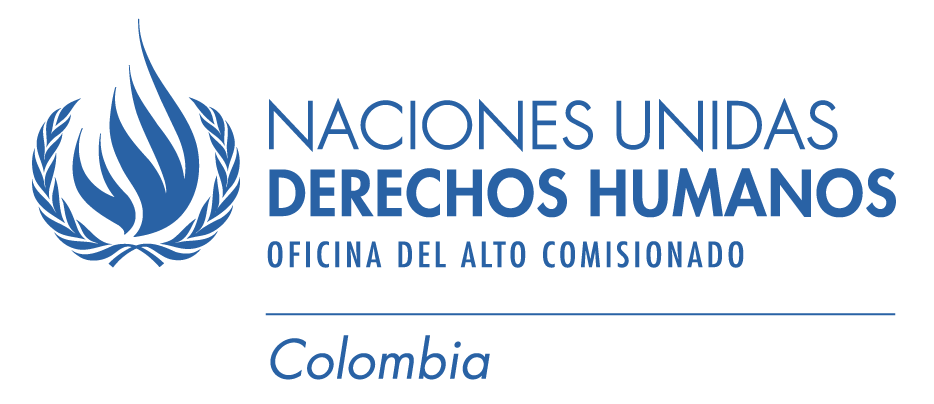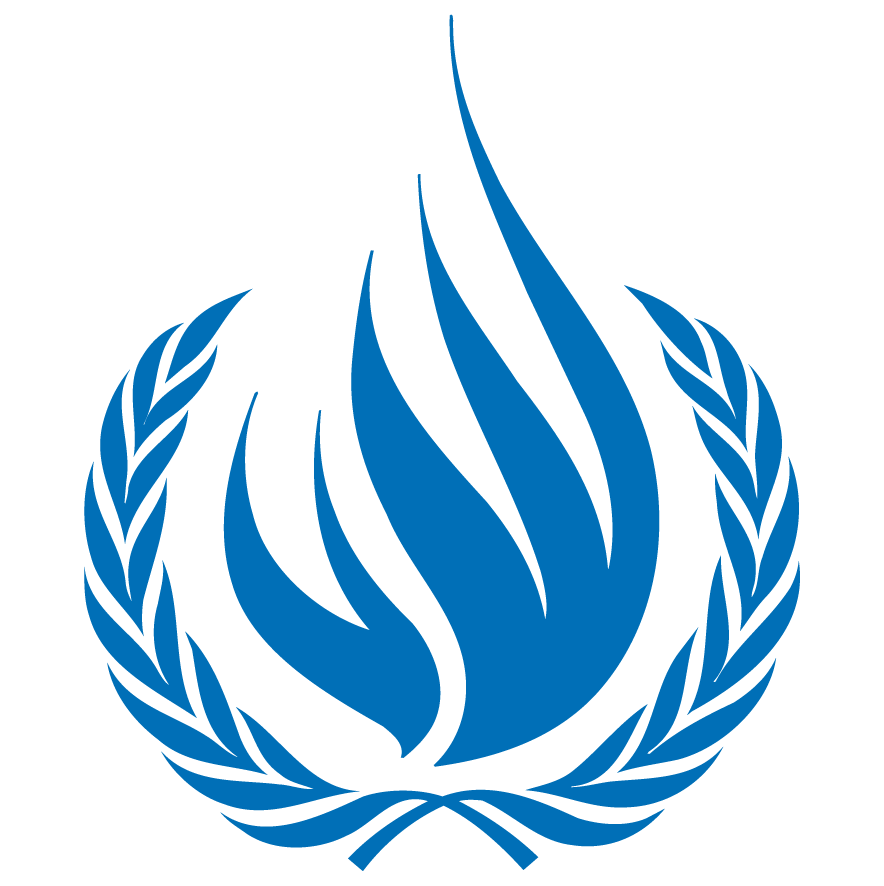Will Colombia force its military to face up to its past human rights abuses?
While peace negotiations continue in the Cuba's capital Havana, there are indications that the Colombian authorities are already setting out the way that the country will tackle the problems of transitional justice in the years following any successful conclusion of peace agreements. In this short contribution we set out concerns that the current Senate Bill (number 85 of 2013, submitted to Congress by Defence Minister Juan Carlos Pinzón Bueno in September 2013), which seeks to reform the military justice system, will exacerbate the challenge of post-conflict transitional justice in Colombia by implicitly offering a form of immunity to the military for serious breaches of international human rights and criminal law carried out during the armed conflict.
The ‘false positives’ scandal
Any conclusion of the peace negotiations, which will put to an end decades of armed conflict between the state, the FARC and ENL, will be the beginning of a long and potentially painful process of transitional justice. A significant part of this process will be the investigation of the truth surrounding the murders and forced disappearances of many innocent civilians, and the criminal prosecution of key perpetrators. The state’s willingness to investigate and prosecute crimes committed by its own agents will be central to the process of reconciling Colombia’s violence. Confronting the scale of the ‘false positives’ scandal and the collusion between state agents and military groups (including criminal gangs) will indicate the sincerity of Colombia’s efforts to excavate the most difficult passages of its armed conflict.
The false positives scandal revealed murder of approximately 4,000 civilians by Colombian security forces (predominately the army), “dressing them up as enemy combatants in order to boost numbers of deceased militant hostiles. The issue came to light in 2008 after over 20 innocent civilians were taken from Soacha, a city south of Bogotá, murdered and presented as combat kills for financial reward or other benefits. The Prosecutor General’s office has stated that “3,896 civilians have been assassinated and subsequently presented as combat kills by members of the armed forces since 1986 … with 3,470 deaths recorded in between 2002 and 2008 alone …”. As of the end of October 2013, “4,625 members of the armed forces were under investigation or on trial in the civilian justice system for numerous human rights crimes, including false positives.”
In an open letter dated 8 July 2014 from José Miguel Vivanco of Human Rights Watch to Defence Minister Pinzón, Vivanco argued that the proposed Military Justice law would “open the door” to, transferring false positives cases from the civilian to the military judicial system. Article 98 of the latest bill provides that the military justice system would “exclusively handle” violations of international humanitarian law by military personnel, except for genocide, crimes against humanity, forced displacement, sexual violence, forced disappearance, torture and extrajudicial execution.
The exemption of extrajudicial executions–which is not codified under the Colombian Criminal code–could mean that “defense lawyers could request the immediate transfer of false positive cases to military courts by arguing that their clients are accused of 'homicide of protected persons,' 'aggravated homicide,' or 'homicide'–all crimes that fall under military jurisdiction according to article 8 of the bil–and not an 'extrajudicial execution'". This uncertainty could lead to some legal chicanery resulting in cases being transferred to military courts, which may lead to widespread impunity.
Military immunity?
Whilst the literal wording of the proposed bill may not in itself give guarantees of immunity or imply impunity for military actions past and present–as is often the case in Colombia–attention must be paid to the ways laws are actually implemented. Human rights groups have already voiced concerns that the bill would constitute a “setback in the fight against impunity”. An illustrative example of the sorts of fears voiced by civil society is the illuminating recordings of a conversation between Henry Villarraga and Colonel Róbinson González del Río. The recordings revealed that Colonel del Río was attempting to pay a bribe of 400,000,000 Colombian Pesos (150,000 Euro) to have his case moved from civil jurisdiction to the military courts presumably because “Military courts in Colombia have for decades shielded members of the security forces, especially those higher up the chain of command, from justice for crimes under international law, including extrajudicial executions”.
A letter from UN officials to the Colombia’s Congress expressed concern that the “… proposed constitutional reform intends to allow institutions of military or police criminal justice to be the first to determine whether an element of any of these crimes exists…”. If the law grants the military initial investigation of crimes, there is a danger that most instances involving violence and state military officials would be interpreted as falling within the military courts’ jurisdiction, including a wide range of human rights violations: “… given the armed forces’ continued control over the initial stages of criminal investigation the reform will make it easier for them to define human rights violations as legitimate acts of conflict, thereby making them subject to military jurisdiction.” Furthermore, Human Rights Watch noted its concern, adding that, “The record shows that when the military justice system investigates human rights violations by military members, the outcome is virtually always impunity”
Though the law might affect the course of specific investigations, it also provokes larger concerns of implied blanket immunity for the military. Any such immunity would significantly hamper efforts to secure wider transitional justice goals for Colombia in the future.
The wider constitutional context
The current bill follows on from a previous attempt to expand the ambit of military justice. In December 2012, a constitutional amendment to Article 221–which states that military jurisdiction applies to crimes committed by active members of security forces that are ‘related to their service’–was put forward which would have extended military jurisdiction subject to the exceptions of genocide, crimes against humanity, forced displacement, sexual violence, forced disappearance, torture and extrajudicial execution.
This constitutional amendment was the subject of challenge before the Colombian Constitutional Court, and on 23 October 2013 the court issued a judgment in which it held that the amendment was unconstitutional. Despite the significant political ramifications of the judgment, the court did not rule on the constitutionality of the content of the proposed amendment but rather focused on the breach of procedural technicality concerning how the amendment was passed through Congress.
The Colombian Constitutional Court has a strong record of delivering progressive judgments and is recognised as having played a significant role in the forging of a transformative jurisprudence in Colombia. Whether or not the Military Justice Bill goes back to the court and is reviewed more extensively for its compatibility with the constitution remains to be seen. What is clear, however, from the 23rd October judgment is that in all likelihood the Constitutional Court will have a highly significant role to play, both legally and politically, in shaping the country’s response to the demands of transitional justice following any peace agreements.
The institutional history of the court suggests that the justices would seek to safeguard the constitutional integrity of Colombia and its international commitment to human rights and the rule of law. But whether the Congress and the executive would be equally supportive and cooperative in this task still remains a point of concern. Certainly, the proposed Military Justice Bill gives cause for concern about the future political priorities for the government of Colombia’s transitional justice efforts.




